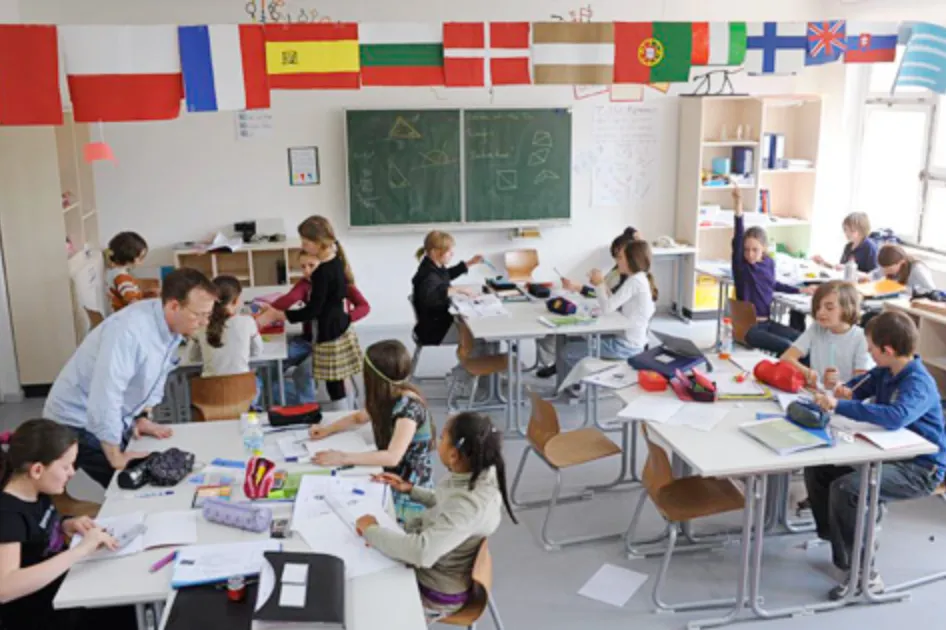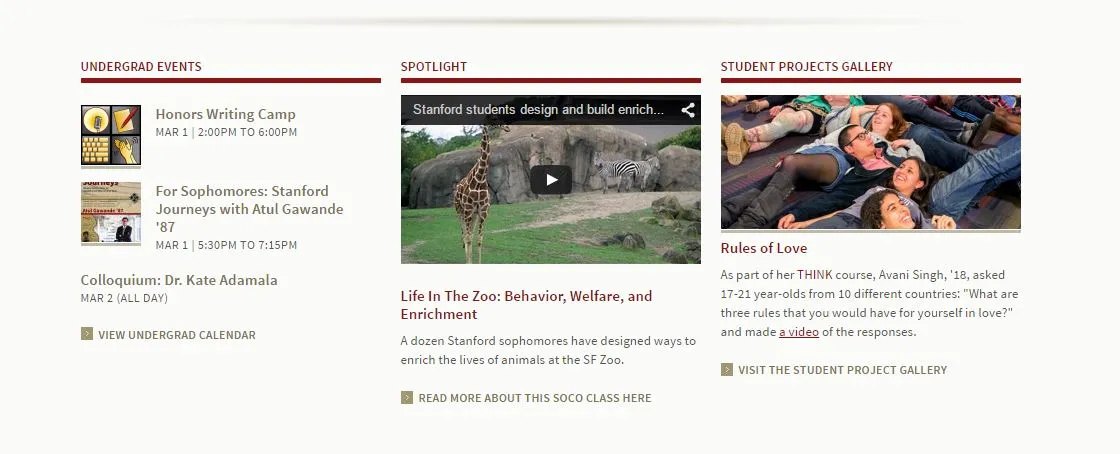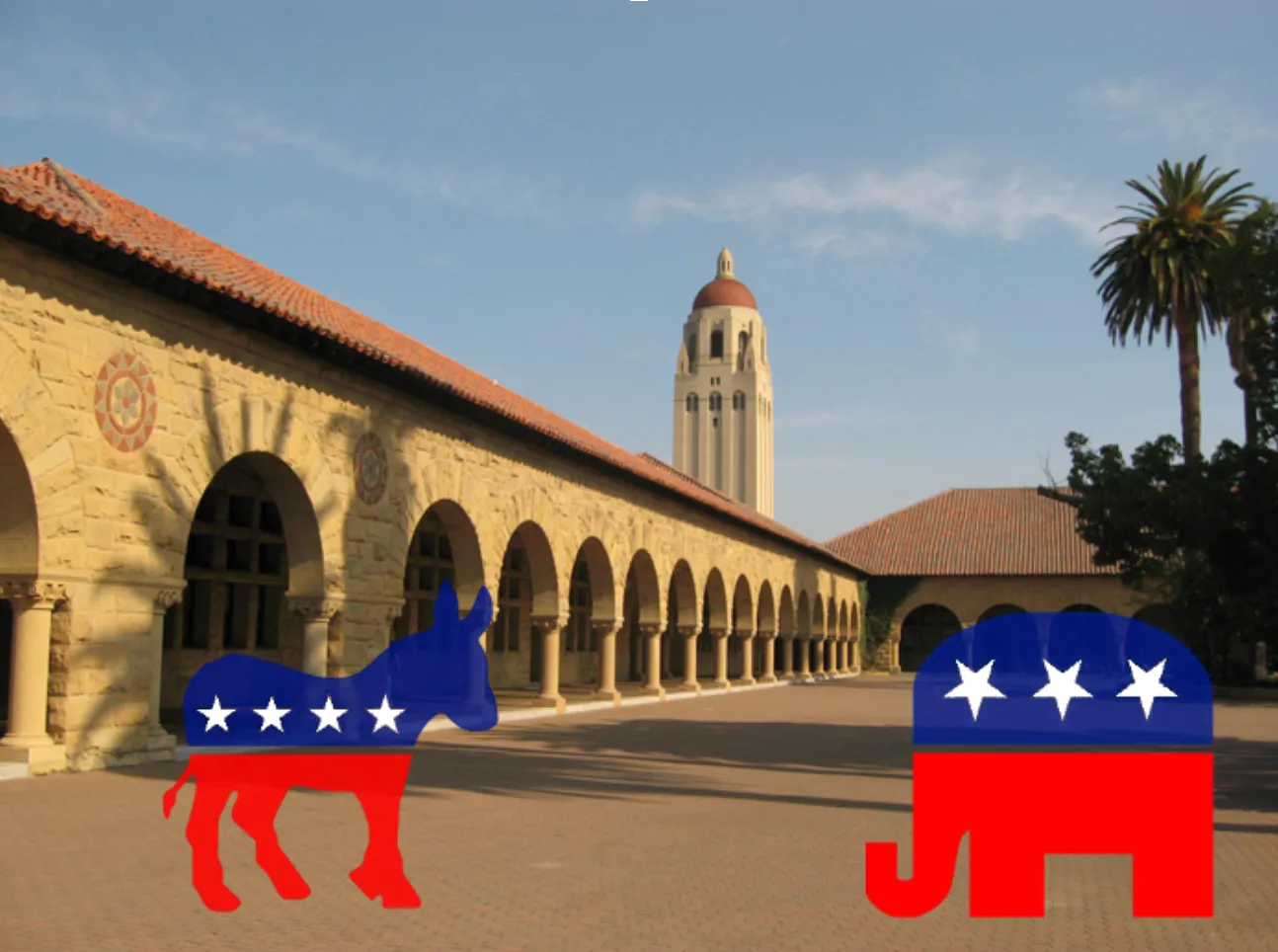Table of Contents
**** ****
A Shift Towards Privatization?
Late last year, the Russian Ministry of Education and Science announced new federal regulations for textbook publishers who wish to sell their books to Russian schools. The process resulted in a 50% decrease of titles on the government-approved list. One publisher, Enlightenment, now dominates the list with 415 approved titles. The next closest publisher has over 100 fewer books on the list. Within the first 7 months of the acquisition, Enlightenment had won over $100 million dollars worth of contracts in a $190 million dollar market.
Enlightenment was the sole textbook provider to Russian schools while the nation remained under Soviet rule. Recently, President Vladimir Putin decided to privatize the state-owned company, issuing a directive permitting circumvention of a law that requires state assets to be auctioned off to the highest bidder. While publishing companies naively made their bids, Putin signed off on selling Enlightenment to Olma Media Group, a firm with less than 2% of the Russian Book Market. Incidentally, one of Olma Media Group’s owners is Oleg Tkach, a legislator in Parliament and a member of Putin’s political party, United Russia.
**** ****
Success is Benefitting Putin’s Friends
Competitors argue that Enlightenment’s new large market share is and example of government cronyism. Nearly 70% of Russian textbook contracts this year went to Enlightenment. They also provide 80% of all textbooks sent to schools in Crimea. With the acquisition of Enlightenment, Olma Media Group jumped from being worth tens of millions to hundreds of millions of dollars. Rather suddenly after the acquisition, Olma Media Group sold Enlightenment to a company in Cyprus (where shareholders are not required to be disclosed). That company rapidly turned around and purchased the majority of Olma Media Group. In this suspicious series of events, one of Putin’s close friends from his childhood, Arkady Rotenburg, entered the scene as a financial beneficiary from the acquisitions and mergers surrounding Enlightenment.
**** ****
**The U.S. also Influences Textbook Sales **
The United States has its own fair share of questionable power players that significantly influence the textbook market. Much of that influence is wielded from the great state of Texas.
Originally, Texas provided public schools with completely subsidized textbooks as long as they were on the short-list of approved works. If a book is not approved in Texas, there is relatively no access to their 10% (over 700 million dollars worth) of the textbook market. With virtually guaranteed sales for the “Texas-approved” textbooks, publishers tend to tailor content to meet Texans’ taste. However, Texas’ influence expands as other states purchase “Texas-approved” textbooks for their schools.
Consequently, Texas has significant control over content. First, the Board of Education, which approves textbooks, is composed of 15 individuals that do not conform to congressional districts. It is often more difficult to figure out which school board member is your representative than it is to determine the major donors to their election campaigns. Additionally, these board members are elected in off years with low voter turnout. Those who do make it to the polls in these elections tend to be more conservative.
The results are striking. In 1994, the board disapproved a health textbook due to its inclusion of toll free numbers for gay and lesbian groups and teenage suicide prevention centers. More recently in 2009, the chair, who publicly claimed “evolution is hooey,” worked on a new science curriculum based on teaching Creationism and highlighting gaps in the Theory of Evolution.
California is another state that likes to lobby for certain content inclusions – and exclusions – in their textbooks. The state has the most public school students in the country, and tends to approach content-based issue from the opposing viewpoint of Texas. Dan Quinn, a previous editor of social studies textbooks, claimed, “The word in publishing was that for California you wanted no references to fast food, and in Texas you wanted no references to sex.” However, Professor Keith Erekson, director of the Center for History Teaching and Learning at the University of Texas at El Paso, argues that the “Californiacentric” narrative is not as transferable as the Texas narrative. According to textbook sales records, the values that are demonstrated through the more conservative Texas narrative are more accepted by other states. According to Erekson’s estimations, this Texan perspective is present in over half of the social studies textbooks sold country-wide.
Differences in textbooks might not always be blatant contradictions of content or omission of facts, but rather the subtle framing of concepts that shape the way students think about issues. The words democratic versus constitutional republic or capitalism versus free enterprise system are just a few examples.
**** ****
Concluding Thoughts
In both Russia and the United States, the idea of a free enterprise textbook market is more of an ideal than a reality. Government and wealthy individuals structure the environment so that “free market” pressures favor certain companies or ideologies. In Russian, we can blame the secrecy and capitalist facade of certain Russian companies on Putin. However, the United States is also guilty of meddling with textbook production. The notion that the best textbook is the most successful is not reflected by our current textbook market. Even in the US, economic and political pressures shape that market so that “free-market pressures” favor certain ideologies.
Perhaps finding an “objective” textbook is not feasible, but whether its Soviet-born Enlightenment or Texan-influenced American textbooks, keeping the public informed about the players that shape the information presented to moldable minds of children is integral to ensuring fair and accurate content.








